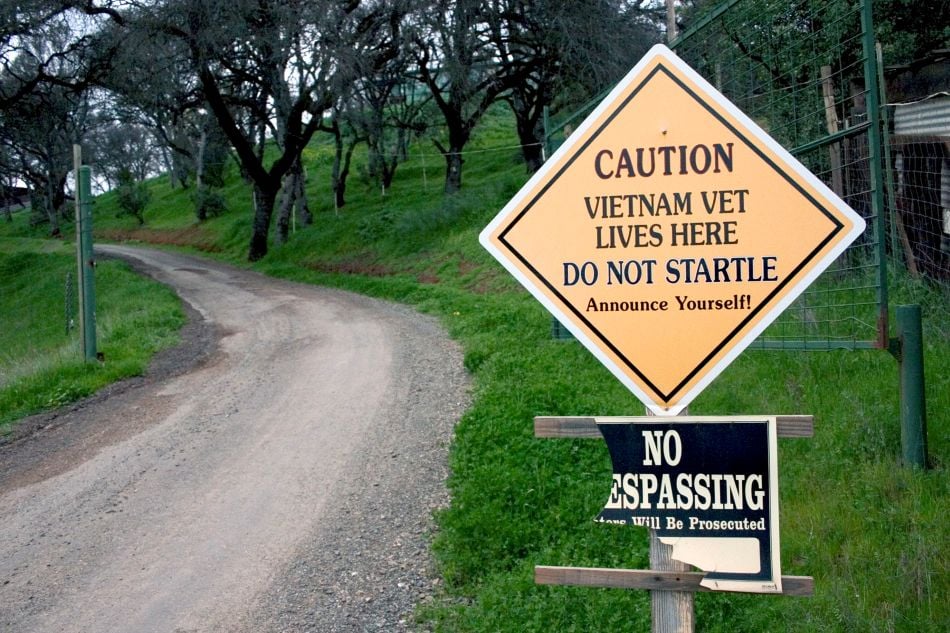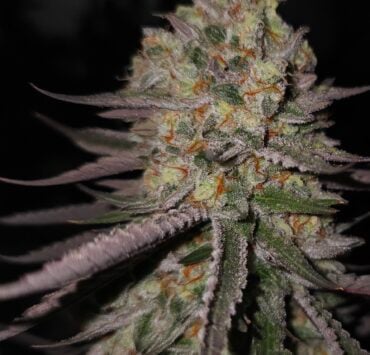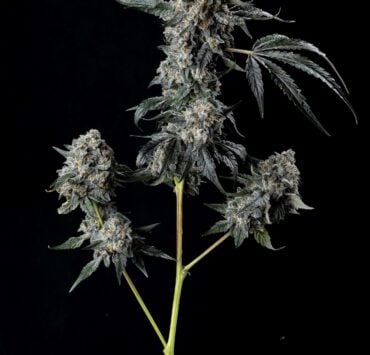Silver Header Ad
reserve your ad hereGold Header Ad
reserve your ad hereLinda Senti and her husband, Eddy Lepp, weren’t just fascinating — they were defiant, unforgettable, and unlike anyone I’d ever met. So compelling, in fact, that I would spend the next 22 years of my life documenting theirs.
In 2003, I was a young filmmaker chasing any gig I could find, backpacking across the country looking for a camera and a story. The digital revolution was just beginning. For decades, film had ruled the industry. But near the close of the 20th century, technology shifted. The invention of the three-CCD camera changed the game for filmmakers across the world.
Video had existed before, but its colors were muddy and fused together. The new three-CCD chip separated red, blue, and green into distinct channels, producing an image so sharp and accurate it would eventually destroy the film market. Independent filmmakers seized on the breakthrough, and the digital revolution swept through the industry like wildfire. Understand that this was pre-social media, what some have even called the Stone Age of creator-based content. Then, about a year later, digital editing was unleashed on the world. With a $2,000 computer, a $2,000 camera, and a bootleg copy of Final Cut Pro, you could make a movie the world could see.
Before then, I only dreamed of making films. Afterward, I, like so many others, picked up a camera and went searching for a story.
I happened to find Eddy Lepp.
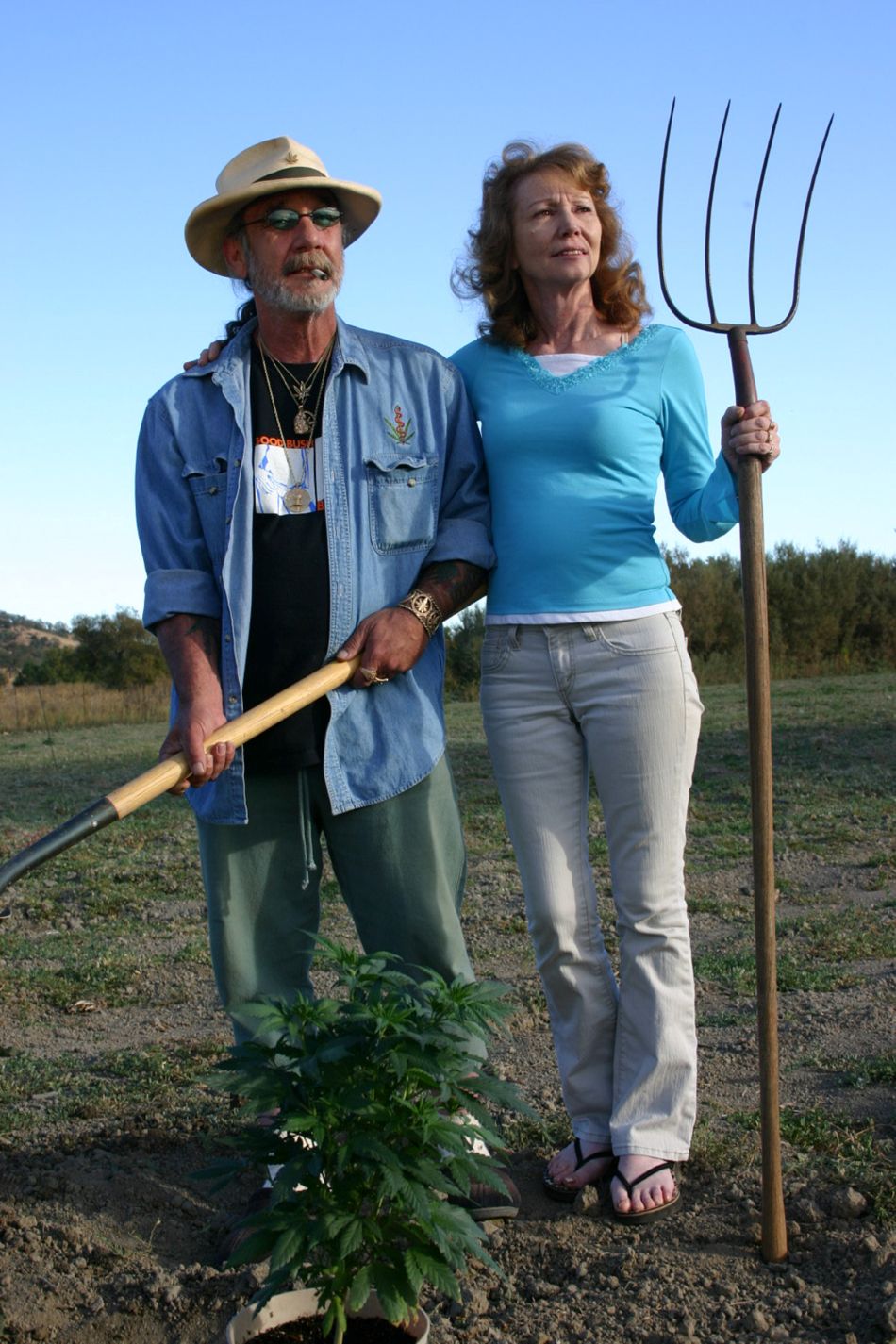
Late August 2003. Highway 20, early morning, the sun barely clearing the ridgeline. We drove from Lucerne toward Upper Lake, the road winding along the lake and through vineyards until we reached Eddy and Linda’s driveway.
Greeting you was a towering 10-foot sign — Eddy’s logo, a cannabis leaf and caduceus painted boldly on the tin, with the words Eddy’s Medicinal Gardens. The other half of the sign, in large red lettering, read No Trespassing, citing the California Code. And tucked beneath both, a small weathered board with Eddy’s welcome: “If I know you’re coming, come on up. If I don’t, stop and read the fucking signs.”
Before you even got past the sign, the second thing hit you — the smell. Six hundred cannabis plants in the ground, their scent thick in the morning air. I grew up on a farm in the Midwest, surrounded by ditchweed, but I had never been this close to a cultivated plant, let alone an entire garden of them.
I saw just how big these plants could get. They harvested one using a step ladder because they couldn’t reach the top. The buds were so large I could barely close my hand around them. It was beautiful. And it scared the living shit out of me every single day.
The year before, Eddy told me, the place had been raided. A few years before that, too, he had been arrested. Understand my point: I was a total outsider, a neophyte, and I was convinced another raid was coming any minute.
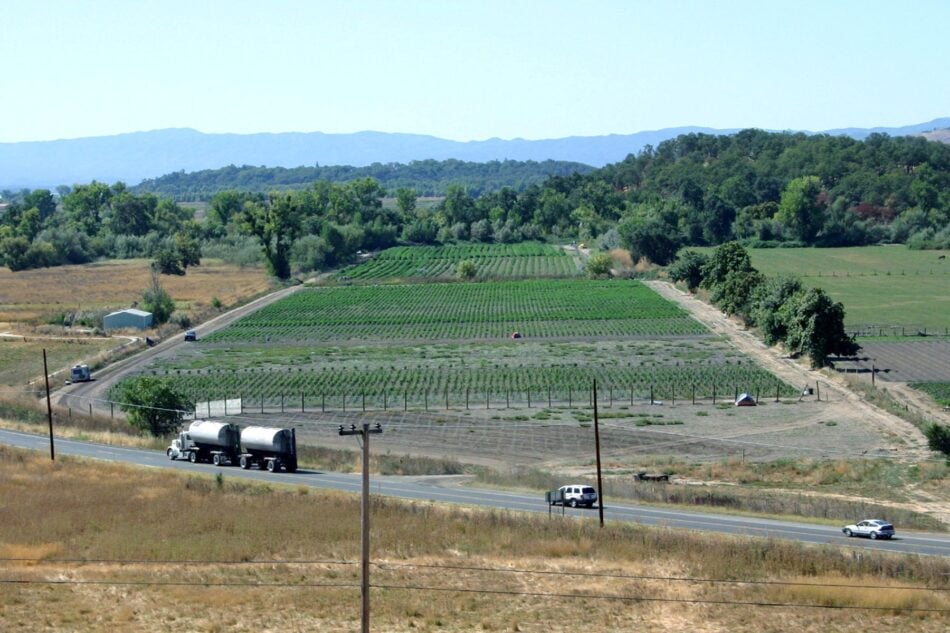
Then I learned why Eddy wasn’t worried. In 1998, during a trial for a raid, he’d used the freshly passed Proposition 215 as his defense — and won. He became the first person ever tried and acquitted under the new law. Overnight, he was world-famous in the cannabis industry, launching a life of trips to Amsterdam and guest appearances at events all along the West Coast.
So I filmed — a lot.
Cinéma vérité is a style of shooting where you let everything play out in front of you — the camera is a fly on the wall. I asked questions and did interviews, but for the most part, I just filmed. I filmed as the garden got smaller, and the storage sheds filled with hanging trimmed cannabis. I filmed as the cannabis branches piled so high they went from the floor to the ceiling. I filmed as Linda spoke of the cancer she had beaten with the help of cannabis. I filmed as Eddy spoke of his love for Dennis Peron and Jack Herer.
This was all a new world for me.
Proposition 215, I learned, was the law passed in 1996, written by Dennis Peron and a handful of others, that made cannabis legal for medical patients in California — the first law of its kind in the world. Linda had thyroid cancer and was helping petition for Proposition 215 when she met Dennis. Eddy and Linda were in the Cannabis Buyers Club, the first medical marijuana club in the world, owned and operated by Dennis Peron and a staff of AIDS patients and activists.
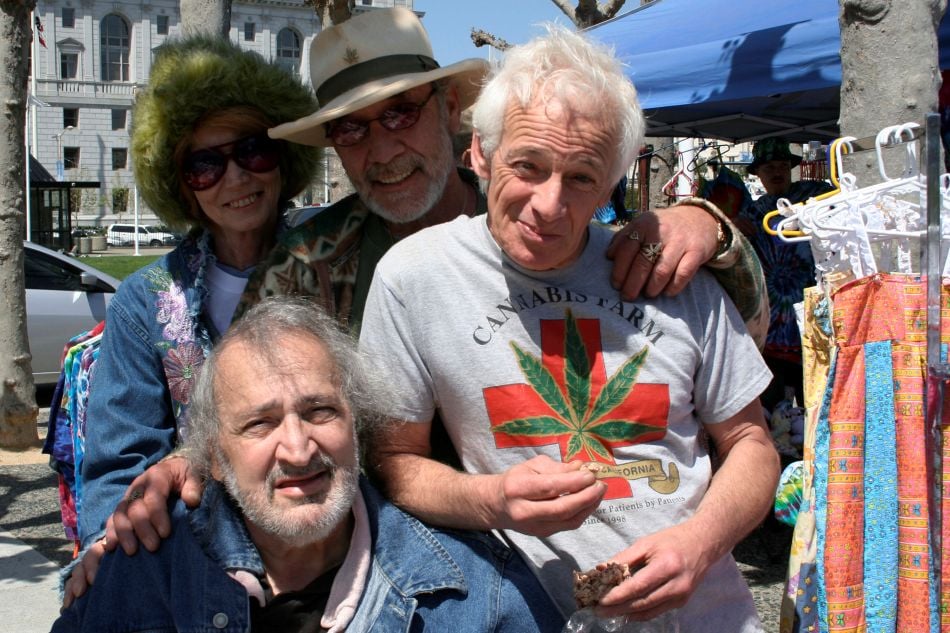
Eddy was a disabled veteran, and Linda was going through hell with her second cancer fight. Being on a fixed income, they were shopping for the cheapest weed they could find. When Dennis heard that, he called them up into his office and gave them an ounce of the best cannabis Eddy said he’d ever smoked. Dennis then pulled out $500 in cash, handed it to Linda, and told her to pay the bills and buy some groceries.
That night, Eddy and Linda went home, and not long after, decided to follow in Dennis’s footsteps — and never looked back.
Life with Eddy and Linda was an adventure, to say the least. Eddy suffered from PTSD from the Vietnam War, and breakdowns came without warning. Sometimes he could shoulder the stress; other times, his pain was on full display. Linda and Eddy had a unique relationship; today it would be called a polyamorous relationship, but back then, they were just called hippies.
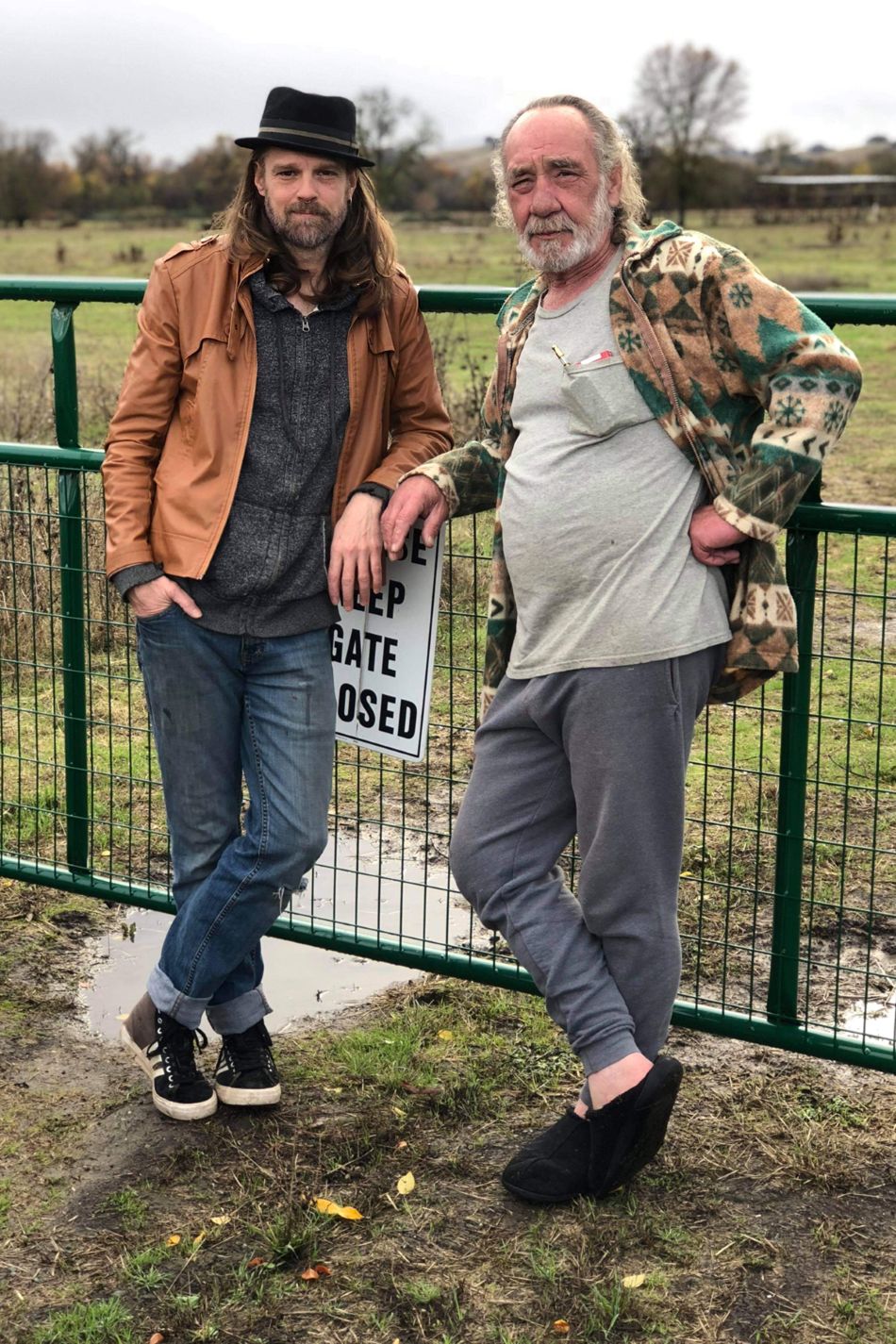
Side by side, my friends and I went through everything with Eddy and Linda: two federal raids, Linda’s battle with cancer that she would lose in 2007, Eddy’s entire court case that he would lose in 2009, and his eventual release and death. In 2005, the DEA seized 275 hours of my footage — later returned under the protections of the First and Fourth Amendments.
Twenty-two years later, I sit with approximately 700 tapes, thousands of photographs, a box of newspapers, and as many souvenirs as I was able to save.
Now I have a story — the story of a Vietnam veteran facing four federal life sentences for growing medical cannabis while his wife was dying of cancer. A story of defiance, of love, of perseverance — lived alongside a handful of the greatest people I will ever know. And soon, I will share it with you. Emerald Giants: The Legend of Eddy and Linda isn’t just a love story. It’s the greatest cannabis love story the world has ever known — and soon, the world will see it.
Feature photo credit: Jason Dunlap.
Silver Scrolling Footer Ad
reserve your ad hereJason Dunlap is a photographer and filmmaker based in Los Angeles, where he runs a studio producing cannabis-focused content, documentaries, and unscripted material in the historic Wiltern. With a career spanning fashion, music, and art industries, Jason has been documenting the cannabis space since 2003, capturing the work and stories of pioneers like Eddy Lepp, Jack Herer, Dennis Peron, Lynnette Shaw, and many more. His work blends cultural insight with visual storytelling, preserving the history and evolution of cannabis for a new generation.


